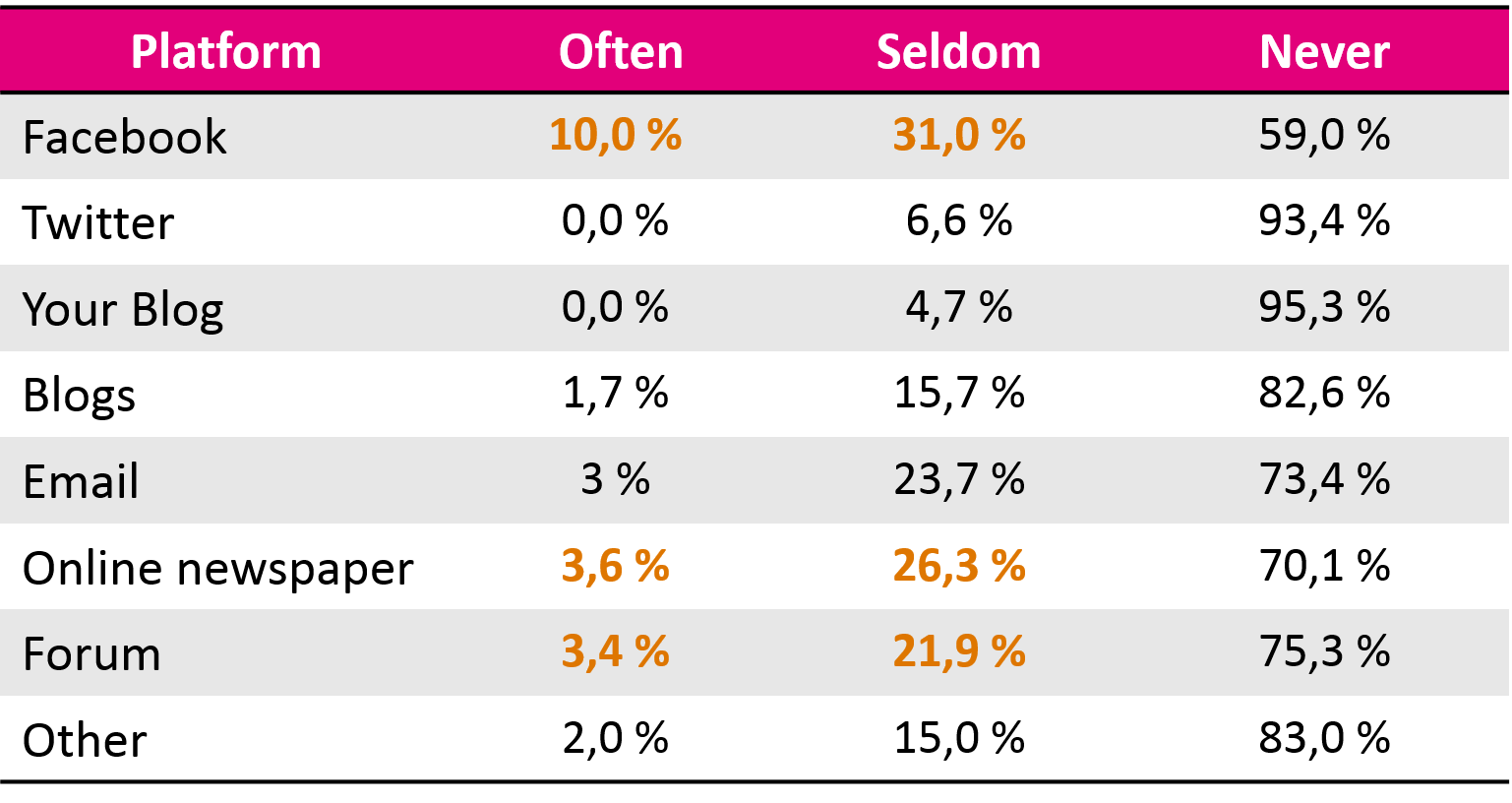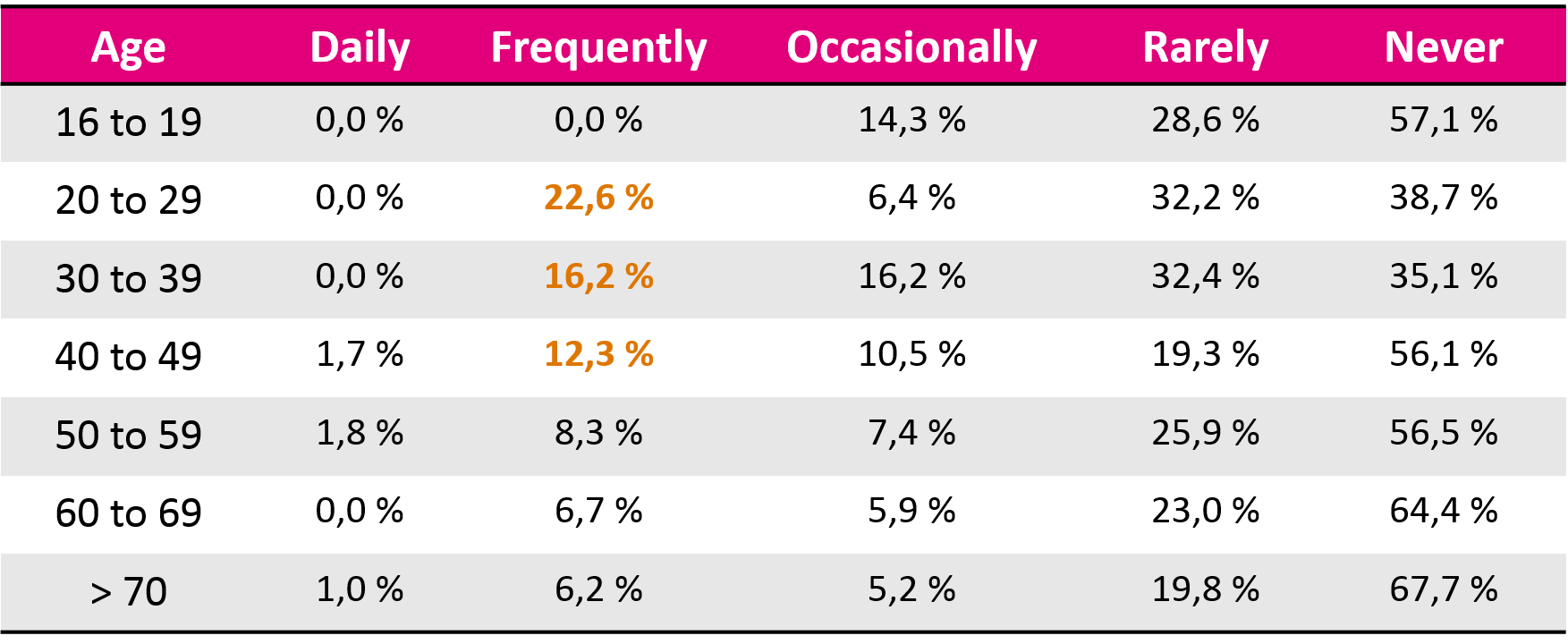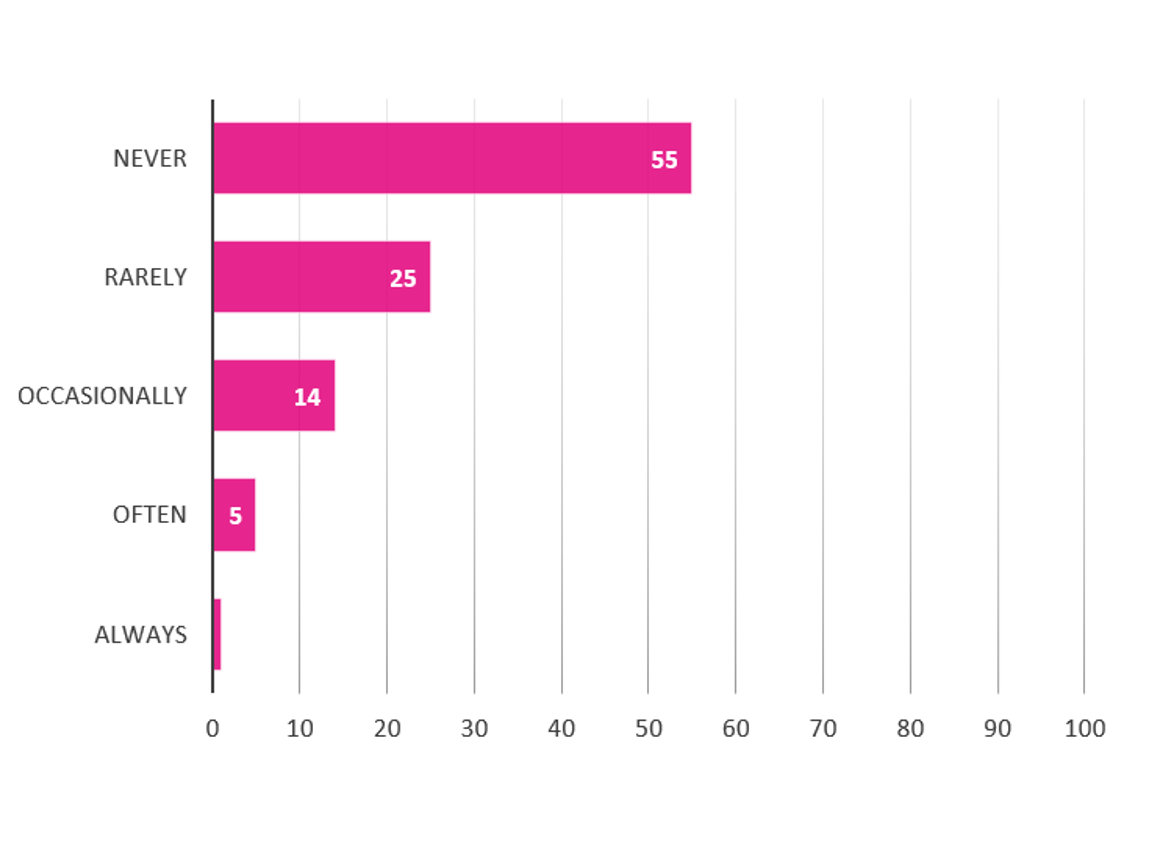Danes are reluctant to discuss politics on Facebook
Although social media has given us new opportunities to participate in the public debate, most Danes are hesitant to discuss politics with strangers online. When they do occur, however, Facebook debates can change political opinions, shows a new report from the IT University of Copenhagen.
Sander SchwartzLuca Rossisocial mediaResearch
Written 15 June, 2016 06:30 by Vibeke Arildsen
Most people are familiar with Facebook feeds overflowing with passionate political statements about everything from refugees to environmental policy. However, a new report suggests that the political debates on Facebook may be taking place between members of a vocal minority.
The research group DECIDIS at ITU has questioned the Danes about their political engagement on social media, and the survey shows that only a minority wants to participate in the debate. 59 percent state that they 'never' discuss politics with strangers on Facebook, the most popular platform for political debate online.

How often users discuss politics online with strangers. (Based on the question: ”How often do you discuss politics with others, who are not your friends, family or colleagues through one or more of the following channels?”)
Reflects offline reality
The reluctance of Danes to share political views online reflects our offline reality, says Sander Schwartz, one of the researchers behind the study.
- It is quite natural that a majority is reluctant to discuss politics in big, wide assemblies, because we risk being judged by your colleagues, family members and friends. We are beginning to be more critical about what we share and with whom, and perhaps we are finding a more realistic level of what we can expect people to participate in on social media.
The most active participants in the Facebook debates are the 20 to 29-year-olds, out of whom 22.6 percent say they "often" discuss politics on Facebook with strangers. Sander Schwartz explains that this group has a high presence on the media and at the same time are interested in politics, unlike the youngest segment of the population.

How often users discuss politics on Facebook with strangers (according to age). (Based on the question: ”How often do you discuss politics with others, who are not your friends, family or colleagues through one or more of the following channels?”)
Online discussions can change opinions
Facebook has acquired a reputation for often being a stage for mudslinging between political opponents, but among those who take part in the discussions from time to time, the interaction actually does change positions on political issues.
In the survey, 44 percent of those who sometimes participate in political Facebook debates said that they have changed views on a political issue following a discussion online. This could indicate that social media has become a forum for political discussions that would not otherwise have occurred, says Sander Schwartz.
- Just like in an offline context, only a minority changes opinions after a political debate on Facebook, but at the same time, we should acknowledge that Facebook has created a new forum where people have easier access to reading and participating in political debates than ever before. This forum can lead to something constructive for those who are willing to try it out, he says.
At the same time, he underlines that the survey has a limitation in that people had to assess themselves whether an online discussion had changed their views.

Have you changed your view on a political subject after having participated in a political discussion online?” (Based on respondents who did not that they never participated in political discussions with strangers online.)
DECIDIS plans to repeat the survey annually to follow the long-term development of the impact of social media on our democracy.
Vibeke Arildsen, Press Officer, phone 2555 0447, email viar@itu.dk
Luca Rossi, Associate Professor, phone +45 7218 5036, email lucr@itu.dk
Sander Schwartz, Post doc., email sans@itu.dk